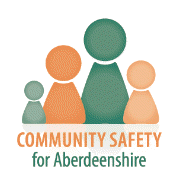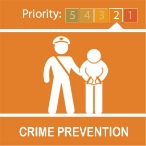
 |  |

|
CSG Home page
|
|
Guide To Identifying A Police Scotland OfficerHow to check an officer's identity If Police Scotland contacts you, they will do so in person, by phone or by email. This will depend on the circumstances surrounding why we need to contact you. Contact in person If one of our officers contacts you in person, they'll show you their police warrant card. This is proof of their identity and authority and you can verify this by dialling 101. Contact by phone and Email If one of our officers needs to speak to you on the phone or by email, they'll identify themselves clearly. They will never:
Remember if you're unsure about whether the person you're dealing with is a genuine police officer – stop – and call us on 101 to check their identity. You should also contact 101 if you think you've been a victim of fraud. Follow the link below for a video with more information on identity fraud: https://vimeo.com/547456268 Original message sent by: Lynn Black (Police, Constable, National Rural Crime Scotland)
|
Top of page | CSG home page
